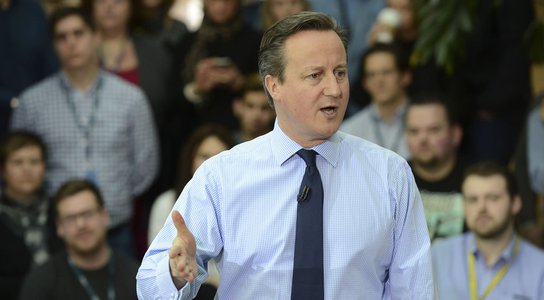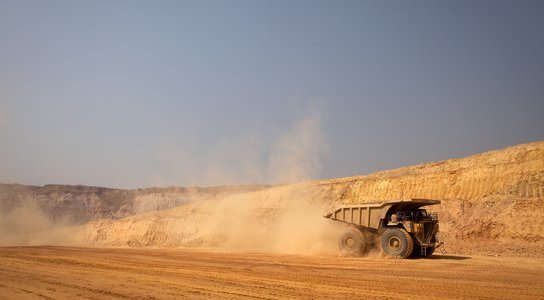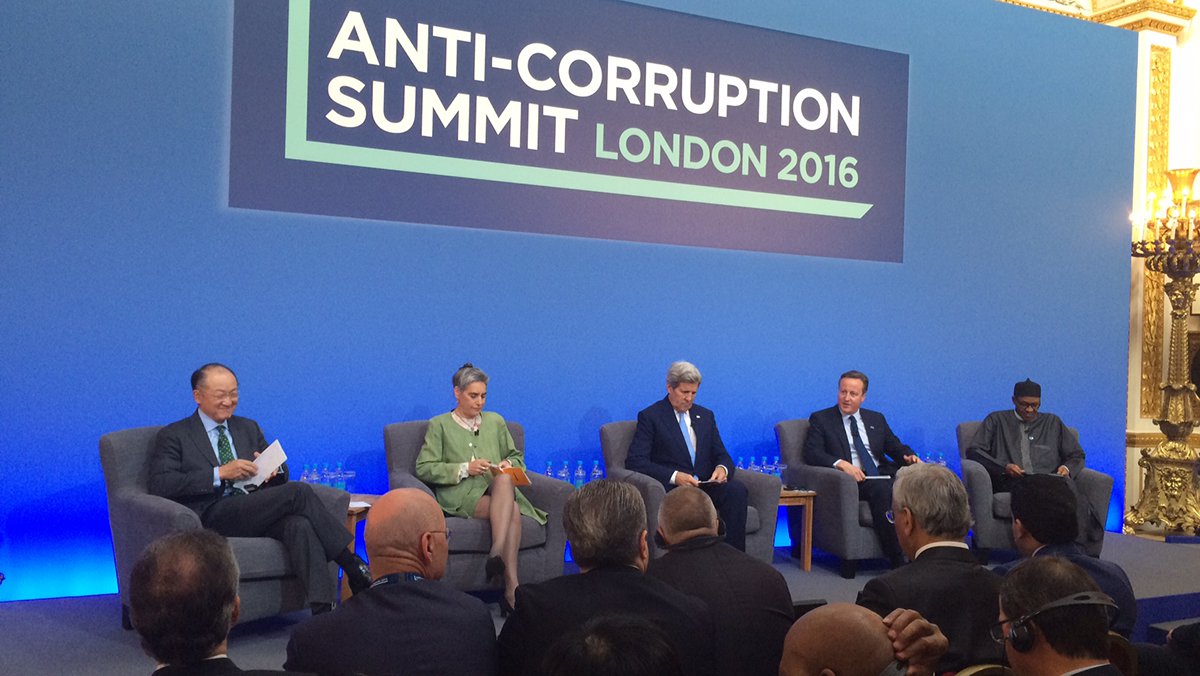On 12 May 2016 the UK is hosting an historic Anti-Corruption Summit. It comes just weeks after the Panama Papers thrust offshore secrecy and corruption into the international spotlight, and represents an historic opportunity to tackle crime, poverty and instability at the source.
Updates from the summit
- Update 4pm: Bold moves on property and travel
- Bold moves in key areas, but a glaring blind spot in the tax havens - read our response to the measures announced so far (12/5/16)
- Read our response to David Cameron's comments on Nigeria and Afghanistan (11/5/16)
- Defence big hitters, including former Conservative Defence Secretary Sir Malcolm Rifkind call for an end to tax haven secrecy in a letter to The Times (11/5/16)
- Business and civil society leaders including our Director of Anti-Corruption policy, Shauna Leven have called for action in a letter to the Financial Times
Corruption is not a victimless crime
In his speech announcing the summit, Prime Minister David Cameron described corruption as ‘one of the greatest enemies of progress in our time’. He's right: it props up abusive regimes, keeps fledgling economies dependent on foreign aid, and deprives populations of basic services.
The result? The sick are left without healthcare. Thousands of children are forced out of school. Others are forced to flee their countries or are driven to extremism. And it is as bad for global economic and political security as it is for development.It is estimated that £33bn is lost to corruption and other financial crimes across Africa each year.
We need to tackle the problem at its roots: by ending the ability to hide and move dirty money through the financial system without detection. The UK has made great strides, but there’s a big hole in its efforts. The UK’s Overseas Territories have built entire economies around selling secrecy, and the Panama Papers have shown the damage this does. That's why our first call is:
1. Open up the UK tax havens
Over half the companies exposed in the Panama Papers leak were registered in UK tax havens, or ‘Overseas Territories and Crown Dependencies’. Tax havens such as the British Virgin Islands and the Cayman Islands are some of the most popular places in the world to launder money and avoid detection by the authorities via the use of anonymously-owned shell companies. Watch this nifty animation from TED which explains how these companies work:
How the UK can do this:
The UK government must focus on getting its tax havens to adopt the same transparency measures as already apply to mainland UK. This would mean making information on who owns and controls companies (their ‘beneficial owners’) available to the public in open data format.
David Cameron has the power to do this; he must show he has the will.
2. Stop rolling out the red carpet to the corrupt
The UK, along with other major powers, incentivises corruption overseas by allowing those responsible to come here and spend money they have stolen. The corrupt use our property market, legal and education systems to launder their reputations and funnel money out of their home states, buying yachts, mansions and art collections and sending their children to expensive private schools.
In return for investment in the country, they may even obtain a ‘golden visa’ that allows them to claim safe haven and, in some cases, citizenship.
How the UK can do this:
The UK must work with other governments to agree a common set of ‘integrity’ checks on applicants to ensure residency permits - in particular investor or ‘golden’ visas - are not open to the corrupt. The UK should also work with other like-minded states to develop and publish a list of individuals who are proactively banned on the basis of credible evidence of high-level corruption.
3. Keep suspect money out of UK property
Vast swathes of the UK’s property market is owned anonymously, often by secret companies in offshore jurisdictions. This makes it easy to launder dirty money through property ownership and leaves the door wide open for the corrupt to live here without fear of identification.
How the UK can do this:
The UK needs new laws to prevent corrupt officials buying property in the UK. We must require all companies buying property here to publicly reveal their real (‘beneficial’) owners, and to apply these requirements to all £170 billion of property already owned by non-UK companies.
The UK Government should urge other countries to adopt similar measures to keep corrupt money out of their own property markets.
For full details of our policy calls, see here.
Find out more
-
Oliver Courtney
You might also like
-
Press release Call for tax havens to open up after offshore exposé

-
Press release David Cameron: Majority of British public want you to act on the tax havens
Our joint ComRes poll with Christian Aid shows overwhelming majority want action
-
Report Out of Africa
British tax havens and Congo's missing $1.5 billion
